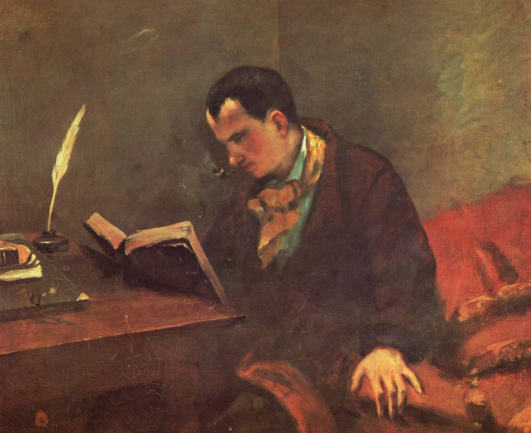The two main divisions of literature are poetry and prose.
• Prose
Prose can also use metaphors and descriptive language, but you can tell at a glance that the key purpose is to convey information, tell a story or deliver a clear message.
There is a clear difference between the two, and it's really important to understand the following information in order to distinguish the two forms of literature accurately:
• Poetry
Poetry is often written in verse. Sometimes it rhymes, but not always. Metre and rhythm convey meaning, and often the message of the poem is cryptic and challenges the reader to decipher it.
• Poetry
Poetry is often written in verse. Sometimes it rhymes, but not always. Metre and rhythm convey meaning, and often the message of the poem is cryptic and challenges the reader to decipher it.
Poetry is less bound by rules. Punctuation conventions can be broken, sentence structure goes out the window.
Poetry emphasizes the descriptive, makes greater use of metaphors and similes, and how the writer delivers a message is often just as important as what message they're delivering.
• Prose
Prose can also use metaphors and descriptive language, but you can tell at a glance that the key purpose is to convey information, tell a story or deliver a clear message.
For example, this answer is written in prose. I could describe my emotions and perspective on poetry and prose through beautiful language, but I chose not to take the "poetic" approach because my key goal is to pass on the information I am trying to convey.
Prose does not rely on the rhythm and rhyme of words and sentences. It does not try to embellish or be cryptic... instead it aims for clarity and ease of reading.

Other ways to divide literature
Admittedly, there are other ways to divide literature... oral and written, fiction and non-fiction, literary cannon and non-literary cannon.
But really, the division of prose and poetry is the most important within literature overall.